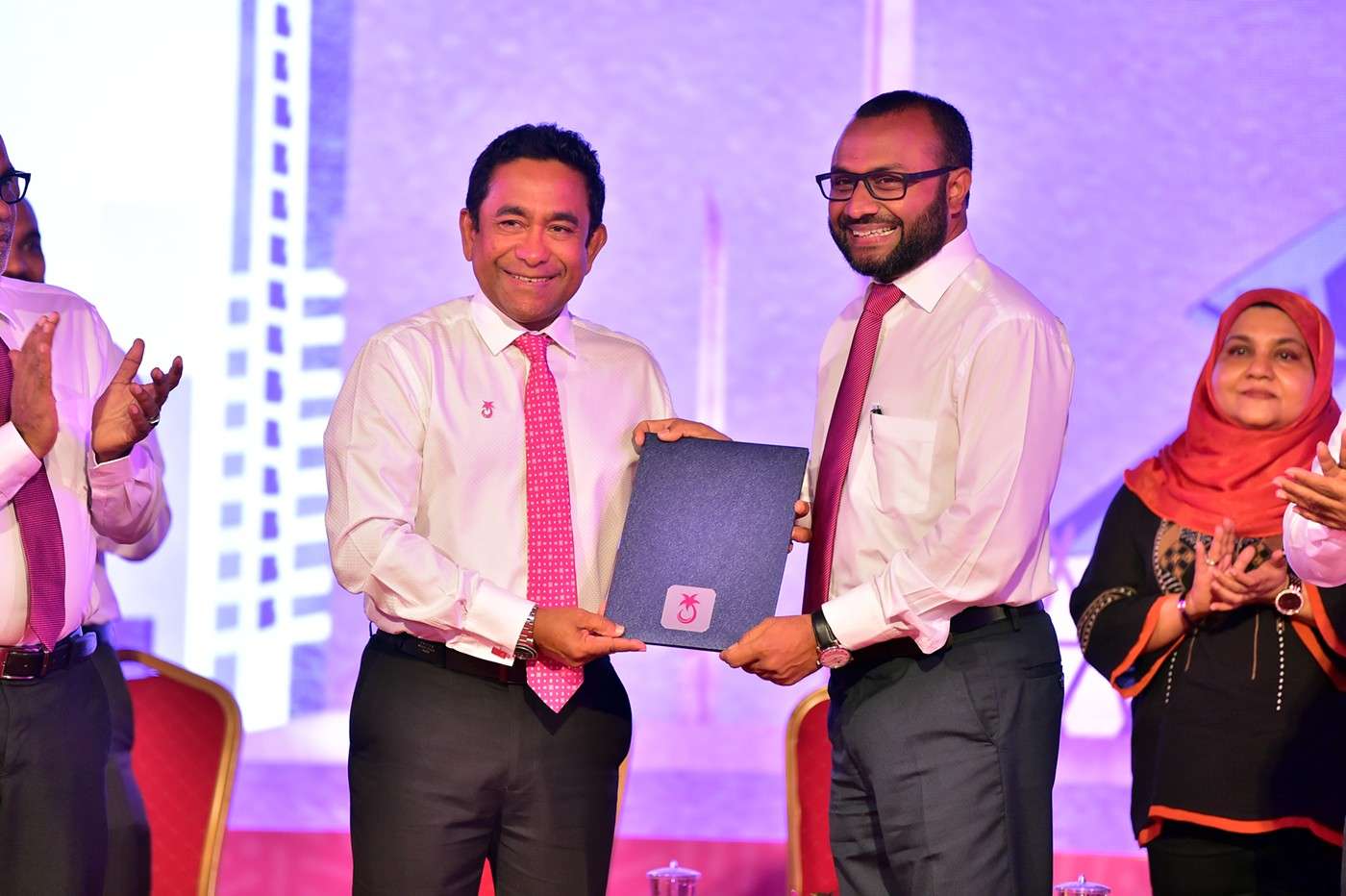Opposition defends ex-Islamic minister over Dr Afrasheem murder report
Shaheem was accused of lying to the inquiry commission.

18 Nov 2019, 09:00
The opposition Progressive Congress Coalition has defended former Islamic minister Dr Mohamed Shaheem Ali Saeed after he was accused of lying to a presidential commission’s inquiry into the brutal murder of Dr Afrasheem Ali in October 2012.
According to the report, Shaheem received a text message before the murder that suggested the senders would “love Afrasheem if he repents and announces on the media.” Shaheem forwarded the message to Afrasheem on September 12, 2012 but claimed he did not remember who the sender was when he was questioned by the commission.
Appearing on state TV on the night of his murder, Afrasheem apologised for “misunderstandings” over some of his views and Shaheem later denied forcing Afrasheem to offer a public apology. Text messages exchanged between the pair undermined Shaheem’s written statement, the report stated.
Become a member
Get full access to our archive and personalise your experience.
Already a member?
Discussion
No comments yet. Be the first to share your thoughts!
No comments yet. Be the first to join the conversation!
Join the Conversation
Sign in to share your thoughts under an alias and take part in the discussion. Independent journalism thrives on open, respectful debate — your voice matters.




